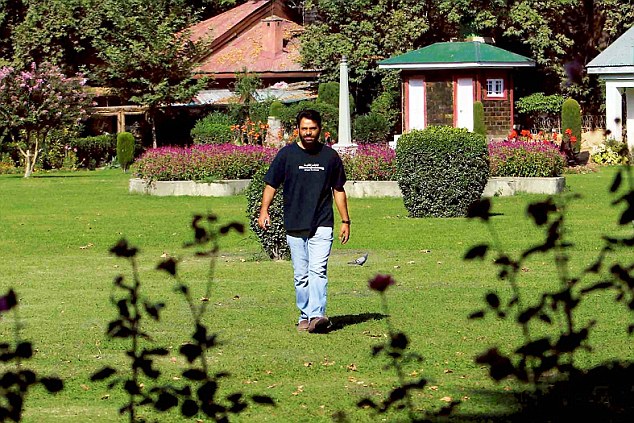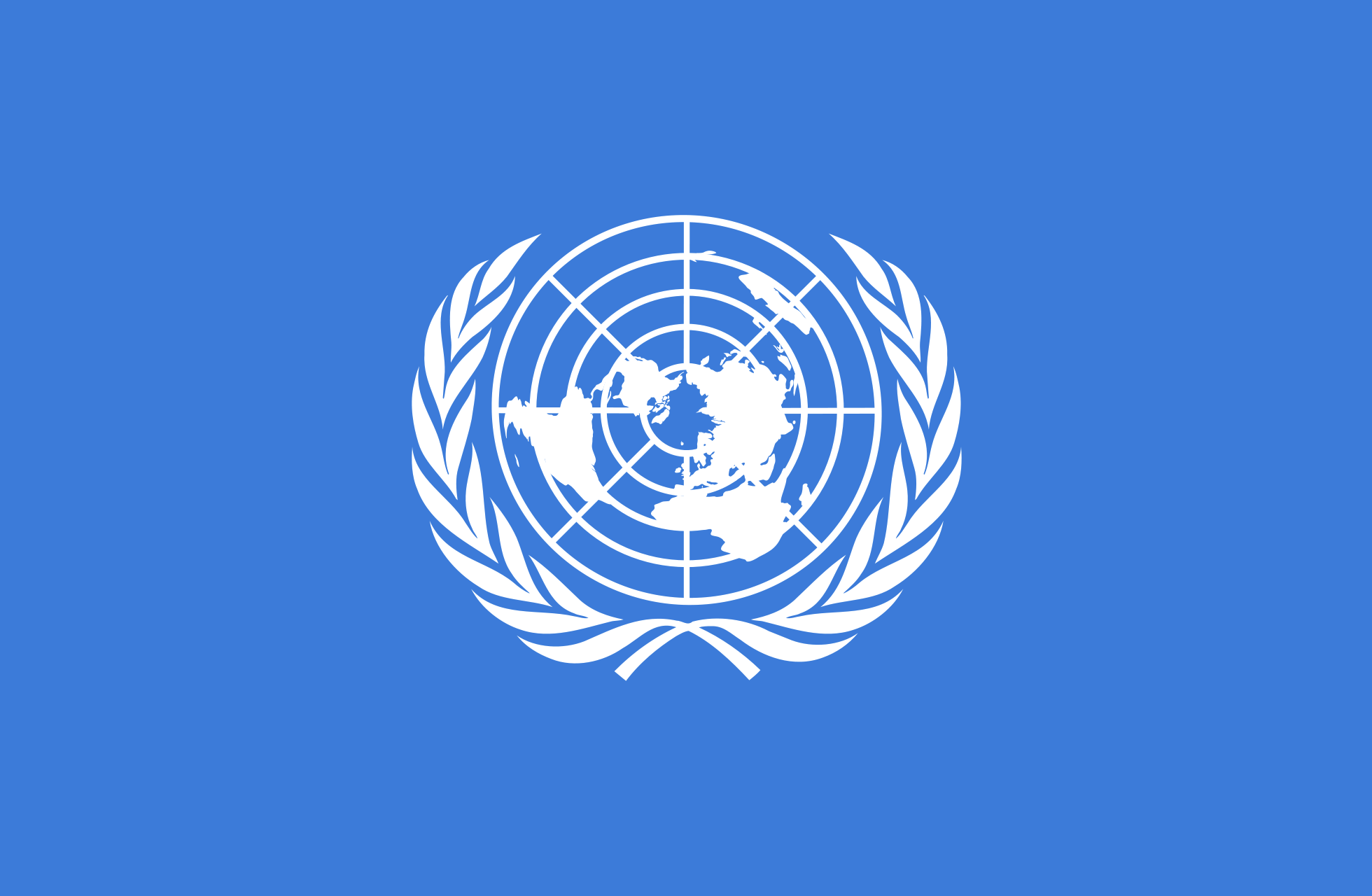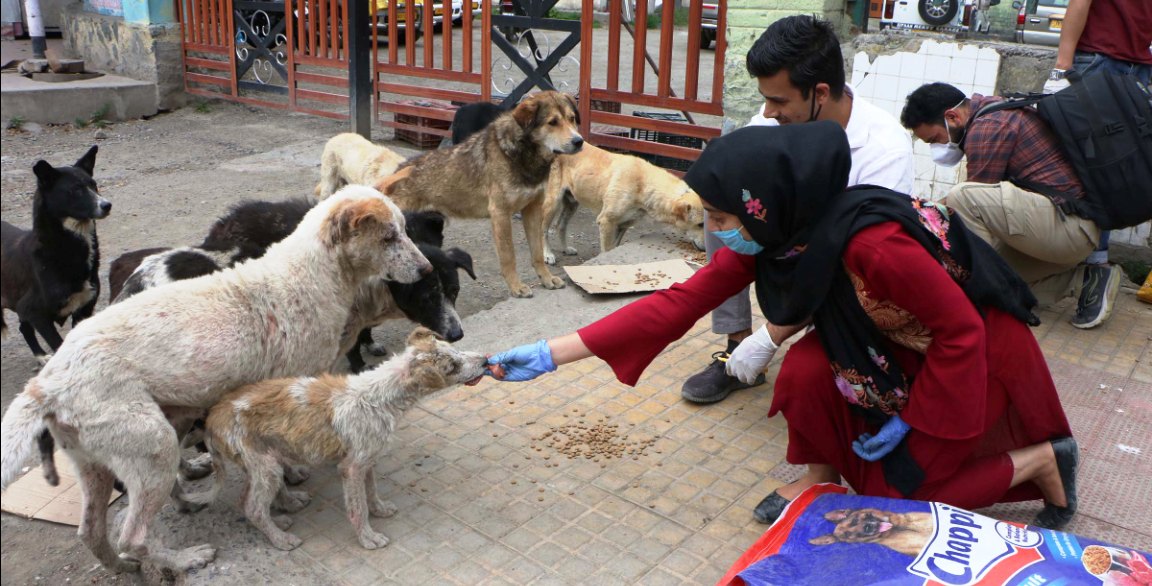SRINAGAR: The United Nations report that identified 38 “shameful” countries which resorted to reprisals and intimidation against the human rights defenders has prominently mentioned Kashmir activist Khurram Parvez. The listed countries include India as well as Pakistan.

The list is part of the annual report Cooperation with the United Nations, its representatives and mechanisms in the field of human rights that the office of UN Secretary-General Antonio Guterres has compiled for the Office of the UN High Commissioner for Human Rights (OHCHR). The report listed the instance of arrest, killings, torture and other intimidating practices that listed countries used against these people. It has also listed instances of ill-treatment, surveillance, criminalisation and public stigmatisation campaigns targeting victims and human rights defenders.
“The world owes it to those brave people standing up for human rights, who have responded to requests to provide information to and engage with the United Nations, to ensure their right to participate is respected,” Reuters quoted Guterres writing. “Punishing individuals for cooperating with the United Nations is a shameful practice that everyone must do more to stamp out.” He has said that the UN is “increasingly seeing” legal, political and administrative hurdles used to “intimidate and silence” the civil society.
The report has regretted the “disturbing trend” of member countries using “national security arguments and counter-terrorism strategies” as justification for “blocking access by communities and civil society organisations to the United Nations.” The report will formally be submitted by the UN Assistant Secretary-General for Human Rights Andrew Gilmour to the UN Human Rights Council this week. The Council is in session at Geneva.
The report has listed India for two reasons, the added restrictions on FCRA (Foreign Contributions Regulation Act) for NGOs preventing them offshore funding, and the Khuram Parvez incident.
The report says that Khuram Parvez had contributed to the OHCHR report of 2018. It also mentioned the threats by some group. Here follow the excerpts from the report pertaining to Khuram Parvez’s arrest:
 “23. In the 2017 report of the Secretary-General, intimidation and reprisals against Mr. Khurram Parvez, Chairperson of the Asian Federation Against Involuntary Disappearances and Program Coordinator of the Central Jammu and Kashmir Coalition of Civil Society (JKCCS), were reported in relation to his cooperation with the Human Rights Council, the Working Group on Enforced and Involuntary Disappearances and the universal periodic review. These reprisals took the form of a travel ban and arbitrary arrest and detention, reportedly because Mr. Parvez was fomenting an “anti-India narrative,” propagating separatism, and inciting others to violence. Reprisals were apparently taken against him for documenting and sharing information with the United Nations on human rights violations in Jammu and Kashmir, including on behalf of victims. At the time of his preventive detention of 76 days in 2016, he was accused in four criminal cases, which were subsequently dropped by the Jammu and Kashmir High Court who held that he had been detained arbitrarily.
“23. In the 2017 report of the Secretary-General, intimidation and reprisals against Mr. Khurram Parvez, Chairperson of the Asian Federation Against Involuntary Disappearances and Program Coordinator of the Central Jammu and Kashmir Coalition of Civil Society (JKCCS), were reported in relation to his cooperation with the Human Rights Council, the Working Group on Enforced and Involuntary Disappearances and the universal periodic review. These reprisals took the form of a travel ban and arbitrary arrest and detention, reportedly because Mr. Parvez was fomenting an “anti-India narrative,” propagating separatism, and inciting others to violence. Reprisals were apparently taken against him for documenting and sharing information with the United Nations on human rights violations in Jammu and Kashmir, including on behalf of victims. At the time of his preventive detention of 76 days in 2016, he was accused in four criminal cases, which were subsequently dropped by the Jammu and Kashmir High Court who held that he had been detained arbitrarily.
However, the police have still filed “First Information Reports,” before a court in Srinagar for three cases, for which he is awaiting hearings.
24. Mr. Parvez was a source of information collected from June 2016 to April 2018 for an OHCHR report published in June 2018 on the human rights situation in the State of Jammu and Kashmir and has reportedly suffered reprisals for his assistance. Defaming content against the JKCCS and Mr. Parvez is reportedly being circulated by a group that claims to have ISIS affiliation. The group has publicly incited death threats against Mr. Parvez and his family and used slanderous language against the work of the JKCCS.
51. On 20 June 2017, the Special Rapporteur on the situation of human rights defenders expressed concern about reports of reprisals against a member of the Jammu and Kashmir Coalition of Civil Society, Mr. Kartik Murukutla, for cooperating with United Nations human rights mechanisms (IND 4/2017).
52. On 7 June 2018, the Assistant Secretary-General addressed the allegations in writing. On 2 July 2018, the Government responded
66. On 20 June 2017, Mr. Michel Forst, the Special Rapporteur on human rights defenders expressed his concern about reports of reprisals against a member of the Jammu and Kashmir Coalition of Civil Society, Mr. Kartik Murukutla (IND 4/2017). Mr. Murukutla represents victims of human rights violations before local courts and engages with United Nations human rights mechanisms, particularly the universal periodic review and the special procedures. In September 2016, while travelling to Geneva, Mr. Murukutla was informed that he was subject to a “Look Out Circular,” a measure taken where a case has been registered against an individual by a police authority in order to verify whether a travelling person is wanted by the police. They are used by the police authorities to prevent and monitor the entry or exit of persons who may be required by law enforcement agencies, and there is concern that this measure was taken against Mr. Murukutla as a reprisal for his cooperation with United Nations human rights mechanisms in Geneva. It was reported in May 2018 Mr. Murukutla was not subject to restrictions during his most recent travels, but he had not been informed about the status of the Look Out Circular nor its implications for his future travel.
67. On 7 June 2018 the Assistant Secretary-General for Human Rights addressed the allegations of intimidation and reprisals to the Government of India. On 2 July 2018 the Government responded that the Foreign Contribution Regulation Act of 2010 prohibits acceptance and utilization of foreign contribution for activities detrimental to national interest. It noted that the revocation of the license for the Centre for Promotion of Social Concern before the Delhi High Court, is adjourned until 31 August 2018, and that the Centre for Social Development “needs to conform to the legal framework and the requirements under FCRA.” The Government noted that Mr. Khurram Parvez’s detention is well grounded according to the provisions of the Jammu and Kashmir Public Safety Act (1978) based on his activities prejudicial to public order. At the time of writing, the Government had not responded to the communications by special procedures of 9 November 2017 (OTH 2/2017), 20 June 2017 (IND 4/2017), or 31 May 2018 (IND 14/2018).”
The report has talked in-detail about the FCRA issue that has restricted certain NGOs operating in India from getting helped by the UN. Here follow the relevant excerpts:
“50. On 9 November 2017, special procedures mandate holders expressed concern at the use of the Foreign Contribution (Regulation) Act 2010 to restrict the work of NGOs cooperating with the United Nations, for example by a refusal to renew or grant licences, including for Mr. Henri Tiphagne of the Centre for Promotion of Social Concerns (OTH 2/2017 and IND 14/2018). Related issues concerning Mr. Nobokishore Urikhimbam of the Centre for Social Development have also been reported.
60. On 9 November 2017 two special procedures mandate holders expressed concern at the use of the Foreign Contribution Regulation Act of 2010 to restrict the work of nongovernmental organizations who seek to cooperate with the United Nations, for example, by refusing to renew or grant licenses (OTH 27/2017).
61. They drew attention to the revocation of the license of the Centre for Promotion of Social Concern (also known as People’s Watch) under the Foreign Contribution Regulation Act, which was also addressed by three special procedures mandate holders on 31 May 2018 (IND 14/2018). On 29 October 2016 the Ministry of Home Affairs reportedly refused to renew the organization’s license to receive foreign funding under Article 6 of the FCRA and CPSC’s bank accounts were frozen. The refusal was subsequently upheld by the High Court of New Delhi in January 2017. The case is still pending before the court following a 13 April 2018 hearing, and has been adjourned to 31 August 2018.
62. The Executive Director of the Centre for Promotion of Social Concern, Mr. Henri Tiphagne was accused of using foreign contributions in his international advocacy “to the detriment of India’s image,” including in his engagement with United Nations special rapporteurs to whom he submitted information “portraying India’s human rights record in negative light.” Mr. Tiphagne has also made recommendations to the universal periodic review. The special procedures mandate holders noted that the non-renewal of CPSC’s license is a clear case of reprisal for his cooperation with the United Nations (IND 14/2018).
63. Additionally, on 1 January 2018, it was reported that the Centre for Social Development, which promotes the land and resource rights of indigenous peoples in Manipur, received a six months suspension. According to reports, the suspension was based on claims that the Centre for Social Development violated the Foreign Contribution Regulation Act by using foreign funding for purposes other than intended by the law, including drawing attention to Uranium mining in Meghalaya at “several global platforms.”
The Centre for Social Development submitted a report in October 2017 to the United Nations Working Group on Business and Human Rights and to the Committee on the
Elimination of Racial Discrimination which included inquiries related to uranium mining and cement factories in Meghalaya. According to the Centre for Social Development, it has submitted nine reports to the United Nations since 2006 concerning violations of the rights of indigenous peoples in northeast India in relation to large-scale development projects, mining operations, and implementation of the Armed Forces (Special Powers) Act. They have requested the Committee’s action under its early warning procedure.
64. It is alleged that the Centre for Social Development has been targeted by Indian authorities since August 2017, when surveillance of its premises and staff’s movements began. The offices of the organization were reportedly visited by the Central Reserve Policy Force and others to question the staff about their work, and staff have been harassed.
One staff member was physically attacked on 18 August 2017. In November 2017, one staff member and two volunteers of the organization were called in for questioning by the police.
65. The Secretary of the Centre for Social Development, Mr. Nobokishore Urikhimbam, has been surveyed by military intelligence officials from the State of Manipur as well as those outside of the state at his office premises and at his home in Imphal, Manipur. When he travelled to Shillong, State of Meghalaya in January 2018, the Intelligence Department of Meghalaya contacted the hotel and interrogated its staff about his actions and contacts.
The hotel staff was asked to provide detailed information on his activities, including a list of the people he interacted with. These incidents were reportedly brought to the attention of the Superintendent of Police, Imphal East District and Patsoi Policy Station, Imphal West District, to no avail.















